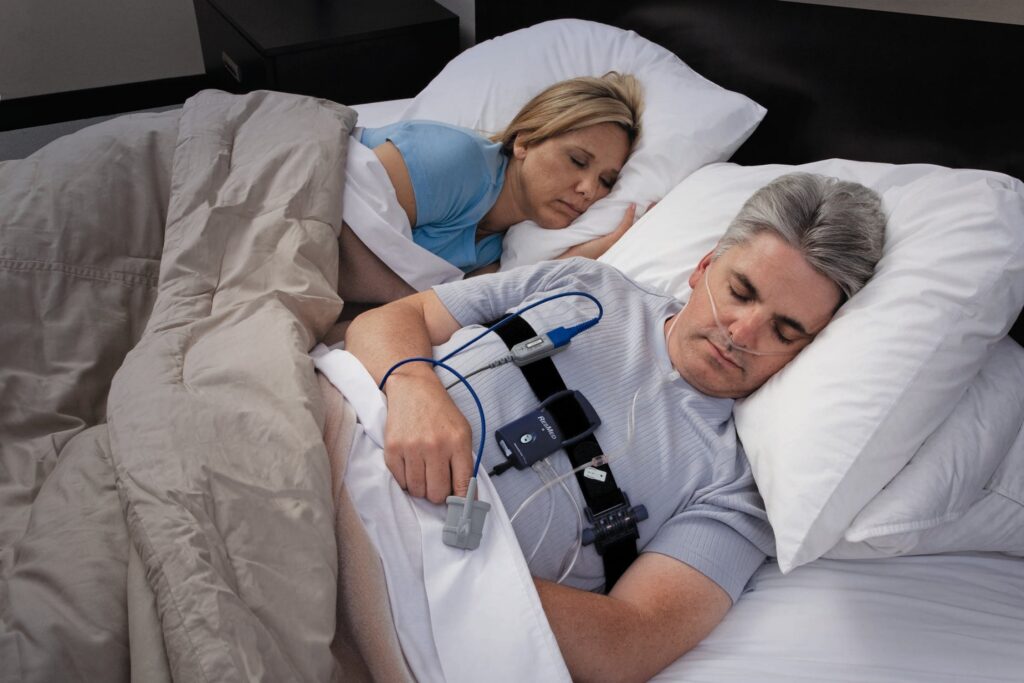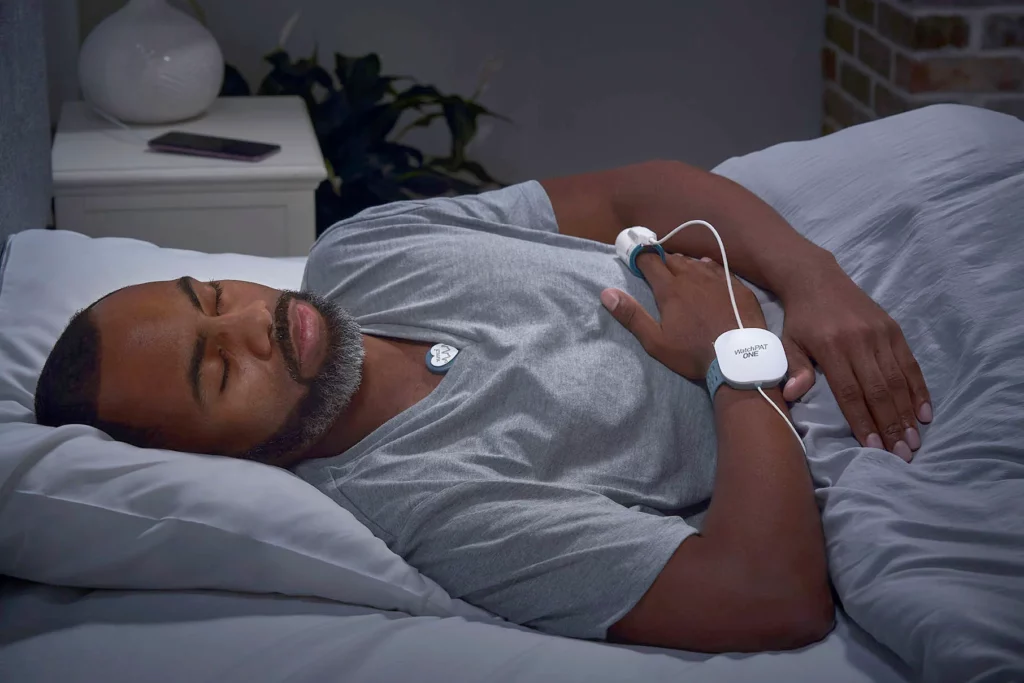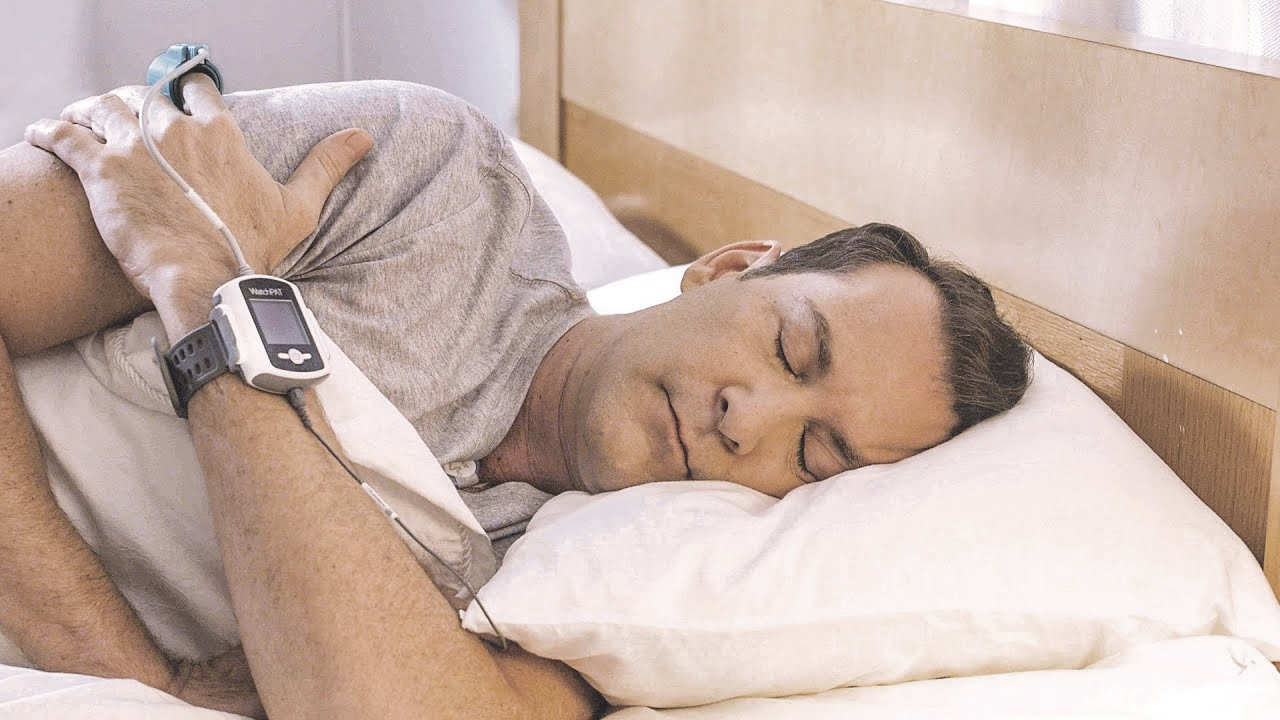Do you often find yourself struggling to get a good night’s sleep? Sleep disorders can have a significant impact on our overall well-being, affecting our ability to function optimally during the day. If you suspect you may have a sleep disorder, it is essential to seek diagnosis and treatment as early as possible. In Australia, home sleep tests provide a convenient solution for identifying and monitoring sleep disorders in the comfort of your own home.
Understanding Sleep Disorders
Sleep disorders are conditions that disrupt the normal pattern of sleep. They can affect the quality and quantity of sleep and can be also diagnosed by home sleep test Australia, leading to daytime tiredness, difficulty concentrating, and other adverse effects on our physical and mental health. There are various types of sleep disorders, each with its unique characteristics and symptoms.
Understanding the complexities of sleep disorders involves delving into the intricate mechanisms that govern our rest. Sleep is a dynamic process that consists of multiple stages, including non-rapid eye movement (NREM) and rapid eye movement (REM) sleep. Disruptions in these stages can result in a range of sleep disorders, impacting everything from memory consolidation to emotional regulation.
Common Types of Sleep Disorders
One common sleep disorder is insomnia, characterized by difficulty falling asleep or staying asleep. Sleep apnea, on the other hand, involves interrupted breathing during sleep, leading to snoring and daytime sleepiness. Restless leg syndrome causes an irresistible urge to move the legs, particularly at night, while narcolepsy leads to excessive daytime sleepiness and sudden sleep attacks.
Exploring the nuances of each sleep disorder unveils the intricate ways in which our bodies can deviate from the natural rhythm of rest. Insomnia, for instance, can be transient or chronic, with underlying causes ranging from stress and anxiety to medical conditions. Sleep apnea, a potentially serious disorder, can have far-reaching consequences beyond just disrupted sleep, impacting cardiovascular health and cognitive function.
Symptoms and Risks Associated with Sleep Disorders
Recognizing the symptoms of sleep disorders is crucial for seeking appropriate treatment. Symptoms may include loud snoring, gasping for air during sleep, morning headaches, daytime fatigue, difficulty staying awake during the day, and difficulty concentrating. Additionally, sleep disorders can increase the risk of other health issues, such as cardiovascular diseases, diabetes, and mental health conditions.
Moreover, the interplay between sleep disorders and mental health is a complex web that researchers continue to unravel. Conditions like depression and anxiety can both contribute to and result from sleep disturbances, creating a cycle that can be challenging to break without targeted interventions. Understanding these connections is key to providing comprehensive care for individuals grappling with both sleep disorders and mental health challenges.

The Importance of Sleep Testing
Diagnosing sleep disorders accurately is the first step towards managing and treating them effectively. Sleep tests play a vital role in identifying the underlying causes of sleep disorders and determining the most appropriate treatment options.
Understanding the significance of sleep testing goes beyond just diagnosing a problem; it is about paving the way for a healthier and more restful life. Sleep tests provide a window into the mysterious world of our nighttime habits, shedding light on issues that may go unnoticed but have a significant impact on our daily functioning.
The Role of Sleep Tests in Diagnosis
Sleep tests, also known as polysomnography, measure various physiological parameters during sleep. These tests monitor brain activity, eye movement, breathing patterns, and oxygen levels to provide valuable insights into sleep patterns and the presence of any abnormalities. By analyzing sleep data, healthcare professionals can diagnose sleep disorders accurately.
Furthermore, the data collected from sleep tests can reveal patterns that may not be apparent during a routine examination. This detailed information allows healthcare providers to tailor treatment plans to individual needs, ensuring a more targeted and effective approach to managing sleep disorders.
Benefits of Early Detection and Treatment
Early detection of sleep disorders is crucial for preventing further complications and improving overall quality of life. Effective treatment can alleviate symptoms, enhance sleep quality, and reduce the risk of associated health problems. Additionally, early intervention can also improve productivity, focus, and overall well-being.
By prioritizing sleep testing and timely intervention, individuals can take proactive steps towards better health outcomes and a more fulfilling lifestyle. Investing in understanding one’s sleep patterns can lead to long-term benefits that extend far beyond a good night’s rest.

Introduction to Home Sleep Test
Traditionally, sleep tests were conducted in sleep clinics, requiring individuals to spend a night away from home hooked up to various monitoring equipment. However, advancements in technology have paved the way for home sleep testing, allowing individuals to monitor their sleep patterns conveniently and comfortably in their own homes.
Home sleep tests have revolutionized the way individuals can assess their sleep quality and screen for potential sleep disorders. By providing a more accessible and less intrusive alternative to traditional sleep clinics, these tests have empowered individuals to take control of their sleep health and seek necessary interventions.
What is a Home Sleep Test?
A home sleep test is a portable and user-friendly device that enables individuals to capture data about their sleep patterns and potential sleep disorders. It typically includes sensors that monitor breathing patterns, heart rate, oxygen levels, and body movements during sleep. These compact devices can be easily worn at night, providing a comprehensive picture of an individual’s sleep patterns.
Moreover, home sleep tests offer the advantage of capturing data in a familiar environment, free from the potential disruptions that can occur in a clinical setting. This natural sleep environment can lead to more accurate results, allowing healthcare providers to make informed decisions about diagnosis and treatment.
Components of a Home Sleep Test Kit
A typical home sleep test kit includes a wearable device, such as a wristband or chest strap, along with sensors that need to be attached to various parts of the body, such as the chest, finger, and nose. It may also include an instructional manual on how to set up and use the device effectively.
Additionally, some advanced home sleep test kits come equipped with user-friendly software or apps that allow individuals to track their sleep data over time, providing valuable insights into their sleep habits and potential issues. This data can be shared with healthcare providers for further analysis and recommendations, fostering a collaborative approach to improving sleep quality and overall well-being.

How Home Sleep Tests Work in Australia
In Australia, home sleep tests have become increasingly popular due to their convenience and effectiveness in diagnosing sleep disorders. The process of conducting a home sleep test is relatively simple and can be completed without the need for overnight stays in a sleep clinic.
Home sleep tests offer individuals the opportunity to assess their sleep patterns and potential disorders in the comfort of their own homes. This method eliminates the need for costly and time-consuming visits to sleep clinics, making it a more accessible option for many Australians seeking to improve their sleep quality.
The Process of Home Sleep Testing
Once you receive a home sleep test kit, you’ll need to follow the provided instructions to attach the sensors to the designated areas of your body. These sensors will then monitor and record data throughout the night as you sleep. After waking up, you’ll return the device to the sleep testing provider, who will analyze the data and provide you with detailed results.
Home sleep test kits typically include equipment such as a pulse oximeter to measure oxygen levels, a nasal cannula to monitor breathing patterns, and a chest strap to track movements during sleep. These devices work together to collect comprehensive data that can help healthcare professionals assess your sleep quality and identify any potential issues.
Interpreting Your Home Sleep Test Results
Your sleep test provider will interpret the collected data to identify any abnormalities or sleep disorders. They will provide you with a comprehensive report, explaining the results and their implications for your sleep quality and overall health. Based on these findings, they can recommend appropriate treatment options or further testing if necessary.
Understanding the results of your home sleep test is crucial for addressing any underlying sleep issues and improving your overall well-being. By working closely with your healthcare provider, you can develop a personalized treatment plan that targets the specific sleep disorders identified in the test results. This proactive approach can lead to better sleep hygiene and a more restful night’s sleep.
Advantages of Home Sleep Tests
In addition to being a convenient alternative to traditional sleep tests, home sleep tests offer several other advantages for individuals seeking diagnosis and treatment for sleep disorders in Australia.
Convenience and Comfort
One of the significant advantages of home sleep tests is the ability to monitor sleep patterns in the comfort of your own home. With these tests, you can sleep in your own bed, follow your regular nighttime routine, and eliminate any potential discomfort associated with sleeping in an unfamiliar environment.
Furthermore, being in a familiar environment can lead to more accurate results as it reflects your typical sleeping conditions. This can provide healthcare professionals with a comprehensive understanding of your sleep patterns and aid in accurate diagnosis and treatment planning.
Cost Effectiveness of Home Sleep Tests
Home sleep tests are generally more cost-effective than clinical sleep tests. They eliminate the need for overnight stays in a sleep clinic, reducing associated expenses. Additionally, home sleep tests provide a valuable alternative for individuals who may have difficulties accessing sleep clinics due to geographical or logistical reasons.
Moreover, the cost-effectiveness of home sleep tests extends beyond the financial aspect. By opting for a home sleep test, you also save valuable time that would have been spent traveling to a sleep clinic and waiting for your turn. This convenience allows you to focus more on your sleep health without disrupting your daily routine.
Take charge of your sleep health and consider a home sleep test if you suspect you may have a sleep disorder. By doing so, you can gain valuable insights into your sleep patterns and take the necessary steps towards improving your overall well-being. Consult with your healthcare professional today to explore the home sleep test options available in Australia.

